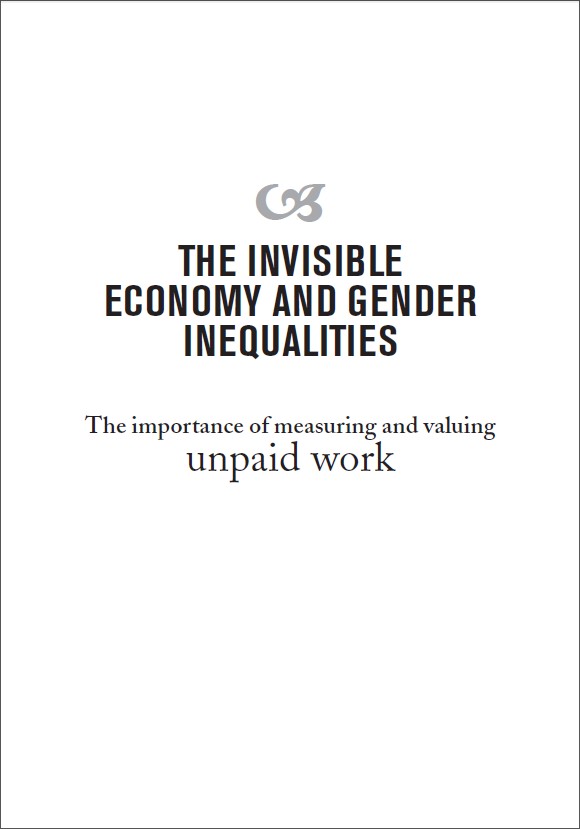The Invisible Economy and Gender Inequalities: The Importance of Measuring and Valuing Unpaid Work - Livelihoods Centre
Asset Publisher
Unpaid health and child care provided in the household, along with other activities that contribute to the physical, cognitive, and emotional development of members of a household, have a major impact on individual and public well-being, as well as on the human development potential of the countries. These economic activities, performed largely by women, take place outside the market and are therefore invisible in the economic statistics and national accounts systems of most countries.
The unequal division of labor by sex is the factor behind much of the discrimination against women. Facilitating public policymaking will require the development of methodologies to quantify and assign a monetary value to the economic contribution of women¿s unpaid work in the household; in areas of agriculture, food production, and reproduction; within the community; and in the design of gender indicators to determine the magnitude of these contributions in relation to the gross domestic product (GDP) of the countries of the Region.
Available in English and Spanish.

- Organization: Pan American Health Organization (PAHO)
- Pages: 284
- Year of publication: 2010
- Copyright: Copyright Pan American Health Organization, 2010
- Url: The Invisible Economy and Gender Inequalities


